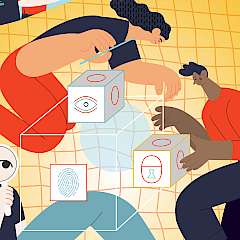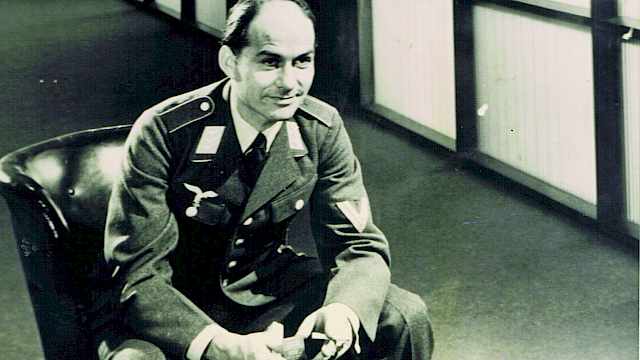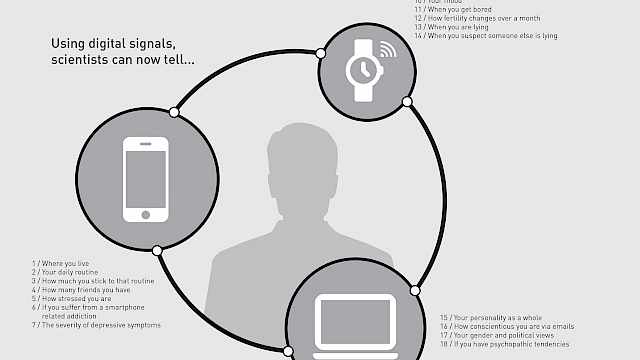Getting information quickly is often crucial. Consider a hostage-taking incident where some hostages are released or manage to escape. Capturing key information about perpetrators, weapons, locations, or escape routes as rapidly as possible is critical to inform operational response. Similarly, witnesses to a terrorist attack may possess real-time intelligence to guide tactical decision-making, facilitate threat assessment, and neutralise further attacks. In security settings, source handlers might have only limited time in which to safely debrief a source about specific topics. In all these scenarios involving cooperative interviewees, it is vital to obtain information of immediate or tactical value in an effective and time-critical manner. Poor questioning may place people in danger.
To date, research has not addressed this real-world challenge, focusing instead on the development of techniques and approaches for obtaining detailed long-form accounts from cooperative interviewees where the time available to get the information is more or less unlimited. While comprehensive approaches are obviously important in many investigative interviewing and intelligence debriefing contexts, they are unlikely to be fit for purpose in time-critical circumstances. In the absence of evidence-based approaches, questioning practice tends to rely on direct or tactical questioning approaches which typically involve a sequence of focused or closed questions. This intuitive approach is problematic, particularly in the context of cooperative interviewees.
...a direct questioning approach runs the risk of reducing the interviewee to a passive question-answerer.
First, a direct questioning approach runs the risk of reducing the interviewee to a passive question-answerer. As such, the success of the interview is entirely reliant on the interviewer asking the ‘right questions’ – which may well be impossible if the interviewer does not know the scope of the information potentially available to the interviewee. In this scenario, precious time is likely to be wasted asking questions about things the interviewee knows little or nothing about. Rapid question-answer interactions are also vulnerable to counter-interrogation or obstruction tactics by hostile individuals feigning cooperativeness.
Second, direct questioning is unlikely to generate particularly detailed or informative answers, especially if the interviewer resorts to closed questions that elicit only short or one-word answers. This questioning approach also does not facilitate retrieval from memory as, being driven by the interviewer, it is unlikely to align with how the interviewee experienced the event in the first instance. In other words, such questioning will be incompatible with how the interviewee actually remembers the event.
Third, direct questioning may be introduced without establishing expectations about the goals of the interaction which may lead to unfocused or incomplete accounts. Additionally, and unsurprisingly, a harsh or abrasive approach is unlikely to optimise rapport or reporting of information by even the most cooperative individuals.
In the absence of an evidence-based approach for obtaining critical information quickly, our project focused on developing a rapport-based framework to facilitate reporting by cooperative interviewees in situations where (i) information needs to be accessed rapidly, or (ii) there is limited time available for the interview or debriefing.
Using an innovative methodology, we tested a novel questioning framework designed to develop a shared understanding and experience of ‘rapport, roles, and goals’ between the interviewer and interviewee. Drawing on existing good practice and sophisticated approaches in the wider literature to optimise interactions and disclosure under challenging conditions, this Time-Critical Questioning (TCQ) framework comprises the I-RELATE instruction and an effective approach to subsequent questioning.
Initially, the interviewer introduces (I) themselves and establishes the role (R) of the interviewee as the generator of information thereby transferring control of the interview to the interviewee. The interviewer details their expectations (E) relevant to the specific context of the interaction, while working to line (L) up the goals of both parties in the interaction. The next step involves mapping the agenda (A) for the interaction and providing priority topic (T) cues to facilitate reporting of key relevant information by the interviewee. Finally, the provision of an explanation (E) about the procedure ensures the interviewee knows what to do and expect. In our empirical tests, which included both a proof-of-concept laboratory experiment and a large-scale immersive trial, this relatively brief but powerful instruction format yielded exciting results when used in combination with high quality questioning.
In the main trial, over 150 participants taking part in teams solved a series of complex puzzles in order to ‘escape’ from a confined environment – a challenging Escape Room. Immediately after getting out of the room, and in an analogue of some of the real-world scenarios outlined above, all participants were interviewed separately to find out how they escaped. The challenge for interviewers was to conduct those interviews within 10 minutes. All interviews included an initial free report and follow-up questioning.
Escapees interviewed using the TCQ framework provided significantly more actionable information (puzzle solutions) and otherwise critical information about ‘how to escape’ (the purpose of the interview) than escapees who were interviewed using a direct questioning approach. This difference was apparent both after the initial free report and follow-up questioning. Closer inspection of reporting patterns also showed that a larger proportion of participants interviewed using the direct approach provided no actionable information at all in their interviews.
Recently, the TCQ framework was trialled by Counter Terrorism Police South East interviewers in a live hostage-taking scenario training exercise. Interviewers were trained in the TCQ framework and, a few days later, officers used it to interview ‘hostages’ who had escaped from a stronghold. Anecdotally, interviewers reported that they obtained ‘huge amounts’ of information using the technique although they wanted more time to practice it. Officers trained in the TCQ framework reported that, if permitted, they would use the framework in time critical incidents. Some also commented on the potential for wider application in policing, extending to any situation where officers need to quickly elicit information to assess a situation. Generally, one of the main perceived benefits of the TCQ framework commented on by practitioners to date has been that this approach provides a useful structure both for the interviewer and the interviewee for an initial interaction in high pressure contexts.
Our research provides the first empirical evidence that a carefully-structured orienting instruction focused on aligning the roles, goals, and expectations of interviewer and interviewee delivered at the outset of a brief interview can significantly and positively impact the amount of tactical information provided by an interviewee under time-critical conditions. Following these promising results, our next step is to continue to tailor and maximise the utility of the TCQ framework across a range of operational scenarios.
Read more
Hope, L., Kontogianni, F., Thomas, W., & De la Fuente Vilar, A. (forthcoming). Eliciting information in time-critical contexts: Development and testing of the Time-Critical Questioning Framework
Copyright Information
Image credit: © motortion | stock.adobe.com







